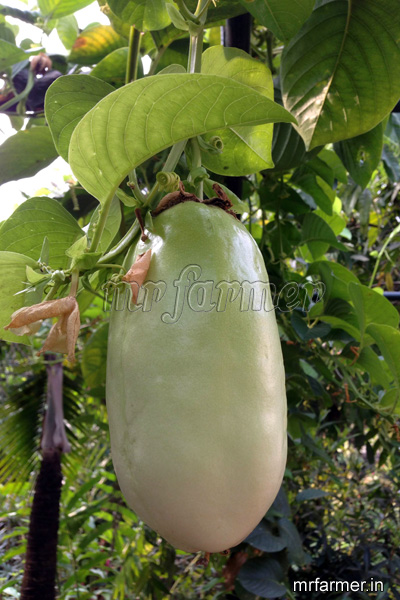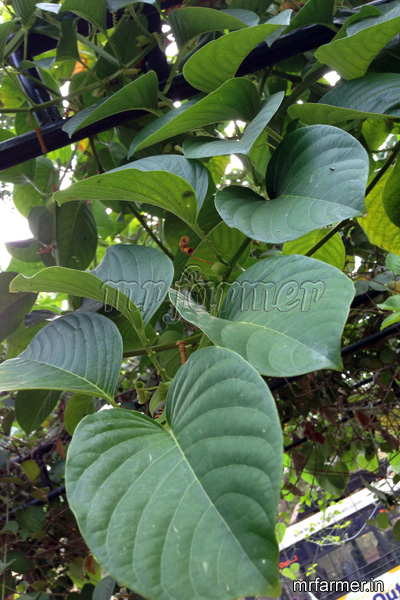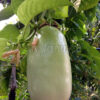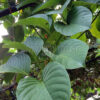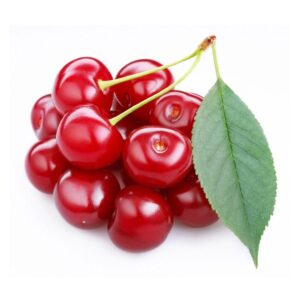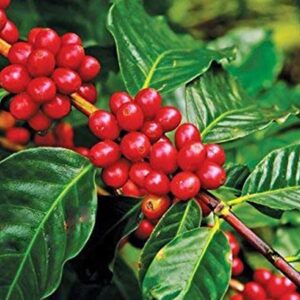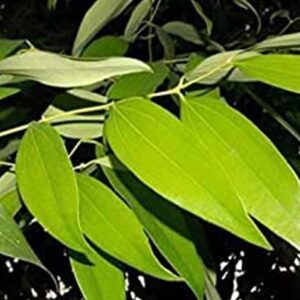Passiflora Quadrangularis Plant
The giant of the passionfruit vines. It flourishes and fruits heavily .
Landscape Value:
A wonderful plant for over a fence or stunning on a pergola where the large green leaves can provide shade all year.
Nutritional Value:
Good amounts of Vitamin A, protein and carbohydrates.
Expected Yield:
50 to 100 fruit
Sun:
Plant in a sunny spot with excellent drainage.
Climate:
Grows best in tropical temperatures.
Soil:
Grows well in most soils but will struggle in very wet or high alkaline soils.
Planting:
For quick establishment plant in spring with plenty of organic matter and mulch to keep the roots cool.
Fertiliser:
Passionfruit are heavy feeders, during the growing season they require high nitrogen based NPK fertiliser, such as citrus fertiliser. Apply fertiliser regularly during the growing season.
Pruning:
The fruit is formed on current seasons wood on short laterals therefore prune in early spring to encourage new fruiting growth. Train your vine up a fence or wall removing all laterals until it obtains the height you require then pinch out the top and allow to branch.
Pests:
Snails can be a problem and vines can be attacked by nematodes it is important that the soils not continuously wet as this can induce fungal
How to Eat:
Fruit can be cooked green like a marrow or ripened and eaten fresh. The pulp can be used in a dessert or made into sherbet. The flesh of the ripe fruit, with the inner skin removed, is cut up and added to papaya, pineapple and banana slices in fruit salads, seasoned with lemon or lime juice. It is cooked with sugar and eaten as dessert, or is canned in syrup; sometimes candied; but it is so bland that it needs added flavouring. In Indonesia, the flesh and arils are eaten together with sugar and shaved ice. Australians add a little orange juice and usually serve the dish with cream. They also use the stewed flesh and raw arils together as pie filling. The whole arils can be eaten raw without removing the seeds. Jelly can be made from the unpeeled flesh boiled for 2 hours and the pulp simmered separately. The juice strained from both is combined and, with added sugar and lemon juice, is boiled until it jells.

